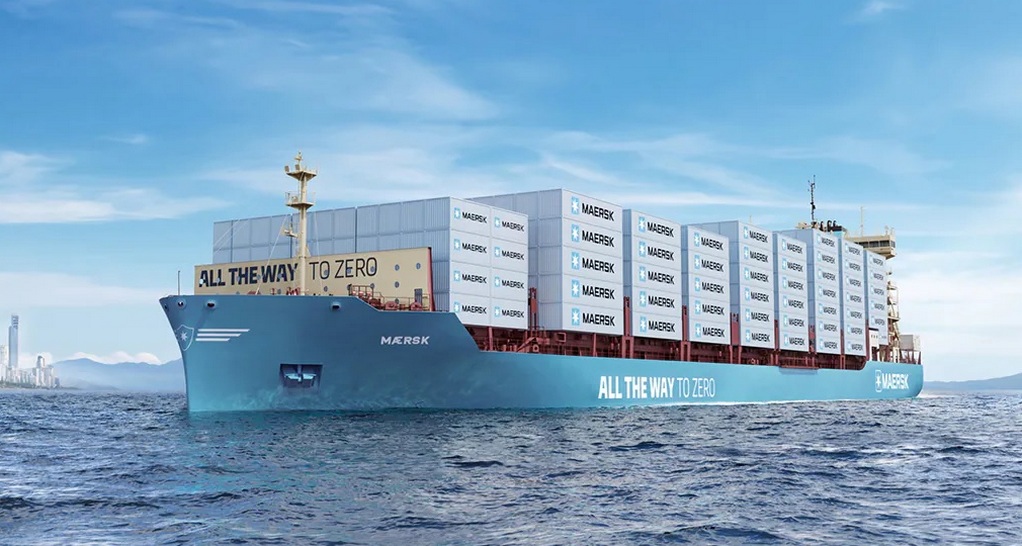A new fire safety study by survival technology solutions provider Survitec has revealed that existing fire-fighting methods used to extinguish machinery space spray and pool fires on conventionally fuelled vessels are inadequate when dealing with methanol-based fires.
This follows extensive comparative fire tests on dual-fuel marine engines using diesel oil and methanol, carried out amid growing interest in methanol as an alternative marine fuel.
Latest data from Clarksons Research shows the methanol capable orderbook has doubled year-on-year to 229 vessels of 20.4m gt, surpassing LNG in terms of growth as shipping’s current go-to alternative fuel.
Methanol is a methyl alcohol (CH3OH) that burns in a completely different way than hydrocarbon fuels and has a much lower flashpoint of 12°C. However, while there are established fire safety regulations and testing standards for diesel fuels, clear test protocols for alcohol-based fuels such as methanol and ethanol have yet to be developed.
The Survitec tests found that while water mist systems are highly effective in absorbing heat and displacing oxygen on diesel fires, they do not produce the same results on methanol fires.
This finding indicates that if existing vessels are retrofitted to run on methanol, they would need to overhaul and redesign their fixed fire-fighting arrangement completely.
For bilge areas, statutory rules formulated in IMO MSC.1/Circ.1621 establish a requirement for an approved alcohol-resistant foam system for ships running on methanol. For the first time, a fixed, low expansion foam system is mandatory under the rules when it comes to protecting machinery space bilges.
Tags: Firefighting, Methanol, Survitec

Recent Posts
GCMD completes biofuel supply chain trials with Hapag-Lloyd
Airbus partners with Avolon on hydrogen aviation
Nuclear power transition more safe option for decarbonisation than coal
ABS presents industry’s first advisory on ammonia bunkering
AW Shipping orders multiple dual-fuel vessels from China
HIF Global partners with Airbus to advance development of SAF
ASL Aviation signs agreement with ZeroAvia for retrofit
AM Green plans to invest $1 bn to set up 2G biofuel plants